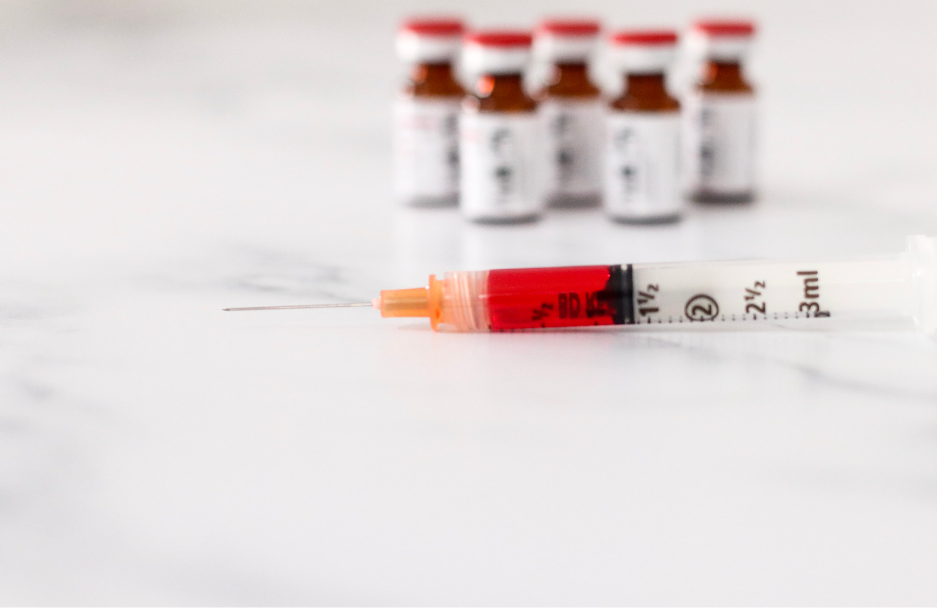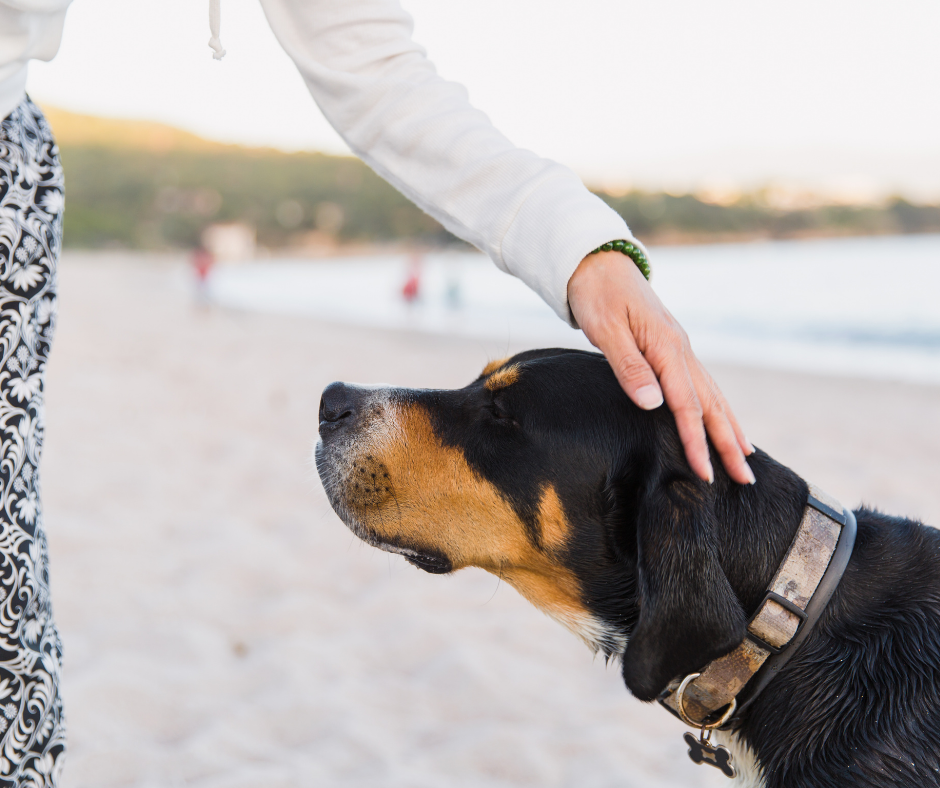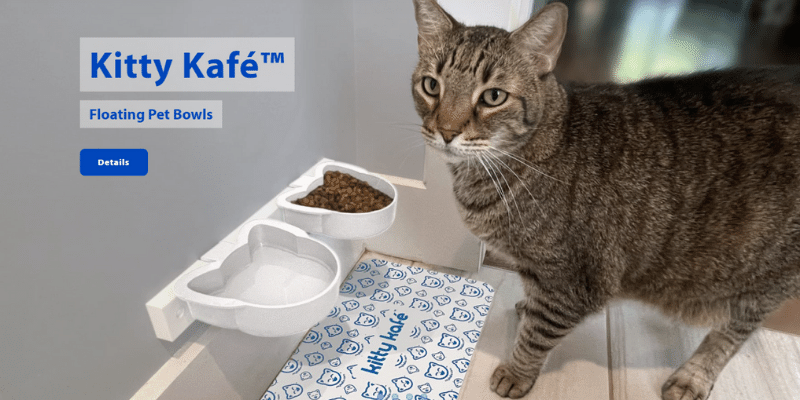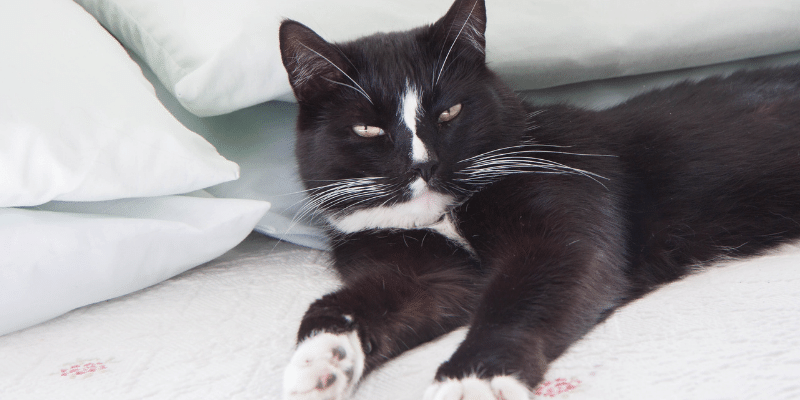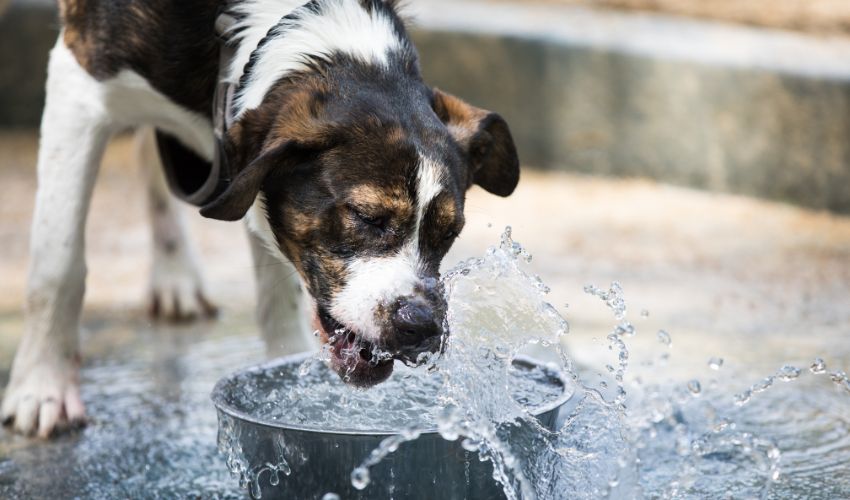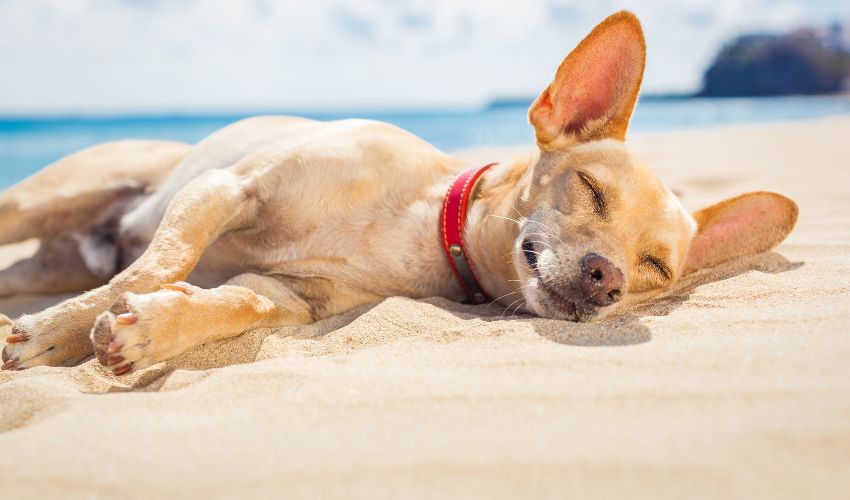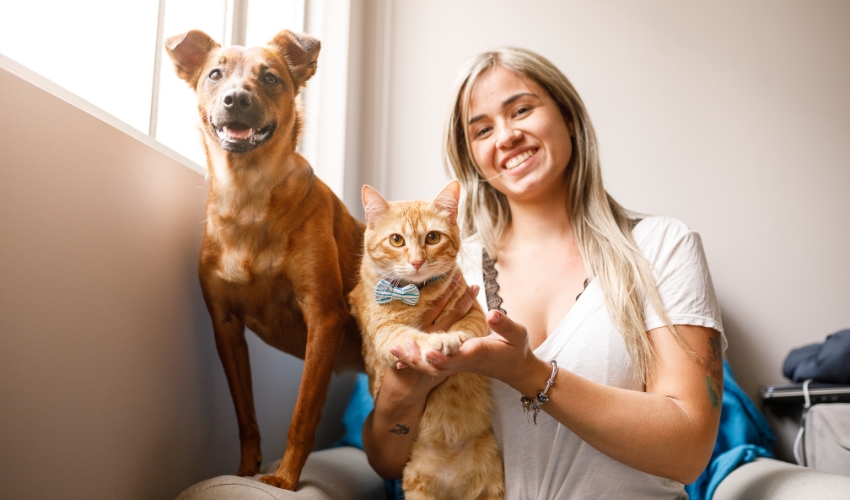Is your cat constantly having gastrointestinal problems? Or maybe she’s suffering from inflammatory bowel disease (IBD) or pancreatitis. Does she lack appetite, losing some weight, or vomiting? If any of these is the case, you may want to supplement your cat’s diet with vitamin B12 or cobalamin. This vitamin is essential for the proper functioning of your cat’s brain, nervous system, digestive tract, and other vital bodily functions. In this blog post, we will explore the benefits of vitamin B12 for cats and potential side effects that cat owners should be aware of.
What is Vitamin B12 and How Does it Work in Cats?
Vitamin B12, also known as cobalamin, is a water-soluble vitamin that plays a crucial role in the normal functioning of your cat’s nervous system, brain function, and the formation of red blood cells. It is also involved in the metabolism of fats, carbohydrates, and proteins. Cats cannot produce vitamin B12 on their own and must obtain it from their diet or supplements.
Vitamin B12 is found naturally in animal-based proteins such as meat, fish, and dairy products, so it’s essential to ensure your cat gets enough of these foods. However, cats with gastrointestinal problems or diseases like IBD and pancreatitis may have difficulty absorbing vitamin B12 from their food, leading to a deficiency. In these cases, vitamin B12 supplements can help ensure that your cat gets this essential vitamin properly. Additionally, senior cats and those with certain health conditions may benefit from vitamin B12 supplementation to support their overall health and well-being.
Symptoms of Vitamin B12 Deficiency in Cats
Vitamin B12 deficiency in cats can cause many symptoms, including lethargy, weight loss, diarrhea, vomiting, loss of appetite, and neurological problems such as disorientation or seizures. If left untreated, vitamin B12 deficiency can lead to more severe health issues, such as anemia and nerve damage.
If you suspect a vitamin B12 deficiency in your cat, it’s essential to take her to the veterinarian. Fortunately, vitamin B12 deficiency is easily treatable with supplements and adjustments to your cat’s diet. Your veterinarian may recommend giving your cat vitamin B12 supplements through injections or oral tablets.
Giving Vitamin B12 Supplements to Your Cat
Typically, vets recommend injectable vitamin B12 supplements as they are more effective in treating deficiencies and ensuring proper absorption. However, some vets may also prescribe oral supplements as an alternative if an injection is not suitable for your cat. Although oral supplements are not as effective at treating vitamin B12 deficiency as injections, they are often preferred because they can be easier to administer for cats who may find them painful.
Injectable Supplements
Often, this subcutaneous injection is available at a 0.25ml dosage, which is enough for a weekly dose. Your vet may administer the said subcutaneous injection at the clinic, or they may provide you with the supplies and instructions to administer the injection at home.
Should you choose to administer the injection at home, it’s vital to maintain proper hygiene and cleanliness, use sterile equipment, and inject the supplement in the recommended dosage and frequency. It is best to do so while your cat is calm, as it may become agitated if stressed or uncomfortable. After injecting the supplement, dispose of all used needles and supplies properly. Additionally, it’s essential to monitor your cat for any changes in behavior or symptoms and report them to your veterinarian.
Oral Supplements
Moreover, vitamin B12 supplements are also available in oral tablet form, which may be easier for some cat owners to administer. However, it’s worth noting that oral supplements may not be as effective in treating vitamin B12 deficiency as injectable supplements. As such, these oral supplements need to be given daily and consistently.
Regardless of the form of vitamin B12 supplements, following your veterinarian’s instructions carefully is crucial. Failure to do so may result in underdosing or overdosing, adversely affecting your cat’s health.
It’s also important to note that while vitamin B12 deficiency is treatable, it’s best to prevent it by ensuring your cat receives a well-balanced diet with adequate amounts of vitamin B12.
Potential Side Effects of Vitamin B12
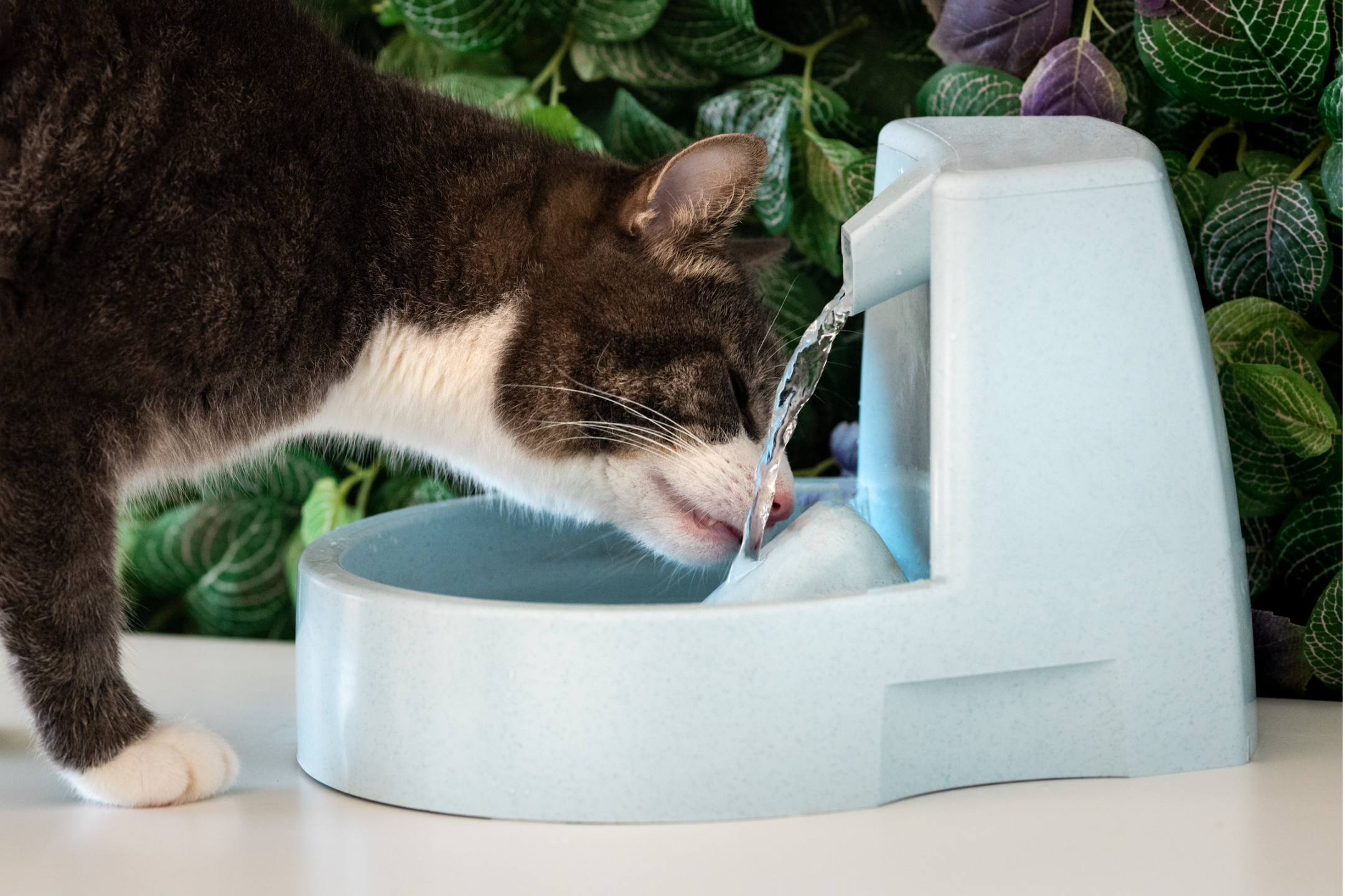
While vitamin B12 supplements are generally safe for cats, some may still experience mild side effects. These may include diarrhea, vomiting, loss of appetite, and agitation. These symptoms are usually temporary and subside after a few days. In rare cases, side effects may be more severe, and your cat may experience drowsiness, weakness, difficulty breathing, convulsions, and loss of consciousness. In these instances, contact your vet immediately for treatment. Ensure your cat has plenty of fresh water while recovering from any side effects.
In Summary
Vitamin B12 is essential for keeping your cat’s health in check. While this nutrient can be found and absorbed from meat and fish in their diet, some may need supplementation to ensure they receive the necessary amount. Supplementation can be administered via injection or oral tablet form. In either case, it’s crucial to follow your veterinarian’s instructions to ensure your cat gets the correct dosage of vitamin B12.
It’s also essential to monitor your cat’s health closely so that any side effects can be detected early and treated. If side effects occur, it’s crucial to seek veterinary attention promptly to ensure your cat recovers quickly. With proper care and attention, vitamin B12 deficiency should not be a problem for your cat. If you have any questions about your cat’s vitamin B12 status, please don’t hesitate to contact your veterinarian.

